Admissions Open for
Why Theatre Class is Beneficial
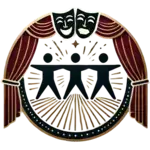
Teamwork
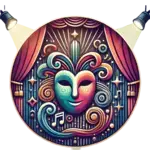
Creativity
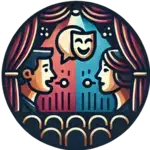
Communication
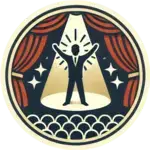
Self-confidence

Emotional Intelligence
Theatre Fundamentals

- Backstage: The creative force in a school with extra-curricular theatre class, handling costumes and sets for every performance art program.
- Backlight: Used in drama classes and acting classes to highlight the lead, enhancing school theatre effects
- Character: Building roles in drama classes as part of a school with extra-curricular drama course begins the path to an acting career.
- Center Stage: Students shine in extra-curricular theatre class, gaining confidence through our performance art program.
- Costume: Key in acting classes, costumes add realism in theatre programs in Indian schools, essential for dramatics

Fundamentals of Theatre
- Backstage: The creative force in a school with extra-curricular theatre class, handling costumes and sets for every performance art program.
- Backlight: Used in drama classes and acting classes to highlight the lead, enhancing school theatre effects
- Character: Building roles in drama classes as part of a school with extra-curricular drama course begins the path to an acting career.
- Center Stage: Students shine in extra-curricular theatre class, gaining confidence through our performance art program.
- Costume: Key in acting classes, costumes add realism in theatre programs in Indian schools, essential for dramatics
Highlights of our Theatre

Grade 3-5
- Advanced Improvisation: Challenging games in our theatre class help students build skills for a future in performing arts.
- Character Development: Deeper role analysis in drama classes supports an evolving acting career.
- Scene Work: Students practice scenes in school theatre, which is a part of the performance art program.
- Public Speaking & Performance: Builds confidence and clarity in schools with acting courses and dramatics.

Grade 1-2
- Character Development: In our extra-curricular theatre class and drama classes, young students explore emotions and imaginative roles through playful expression.
- Groupwork: Group scenes in our extra-curricular drama course nurture teamwork, focus, and collaborative creative expression among students.
- Expressive Speech: Clarity and voice projection are key in performance art programs and acting classes.
- Dialogue Delivery: Our drama course enhances dialogue delivery skills, helping students express their thoughts clearly and confidently on stage.

Nursery, K1 & K2
- Imaginative Play: Our school’s theatre programs in Bangalore, Mumbai, and Gurgaon use creative play to enhance drama class experiences.
- Voice and Speech: Basic voice modulation in our acting classes helps students improve expression and build a strong acting foundation.
- Body Movement: Our acting courses nurture expressive actions through engaging performing arts and drama programs.
- Storytelling: Our extra-curricular theatre class builds imagination and comprehension in school through creative performance activities.

Grade 3-5
- Advanced Improvisation: Challenging games in our theatre class help students build skills for a future in performing arts.
- Character Development: Deeper role analysis in drama classes supports an evolving acting career.
- Scene Work: Students practice scenes in school theatre, which is a part of the performance art program.
- Public Speaking & Performance: Builds confidence and clarity in schools with acting courses and dramatics.

Grade 1-2
- Character Development: In our extra-curricular theatre class and drama classes, young students explore emotions and imaginative roles through playful expression.
- Groupwork: Group scenes in our extra-curricular drama course nurture teamwork, focus, and collaborative creative expression among students.
- Expressive Speech: Clarity and voice projection are key in performance art programs and acting classes.
- Dialogue Delivery: Our drama course enhances dialogue delivery skills, helping students express their thoughts clearly and confidently on stage.

Nursery, K1 & K2
- Imaginative Play: Our school’s theatre programs in Bangalore, Mumbai, and Gurgaon use creative play to enhance drama class experiences.
- Voice and Speech: Basic voice modulation in our acting classes helps students improve expression and build a strong acting foundation.
- Body Movement: Our acting courses nurture expressive actions through engaging performing arts and drama programs.
- Storytelling: Our extra-curricular theatre class builds imagination and comprehension in school through creative performance activities.
Our Theatre Lab Setup

A hub for creativity in our extra-curricular theatre class, inspiring storytelling and confidence.
- •A top school with extra-curricular theatre class for dynamic theatre programs in Indian schools.
- •Builds interest in drama classes and pathways toward a professional acting career.
- •Fosters expression through a rich performance art program within our school theatre.
- •With stagecraft, lighting, and sound, students learn beyond performing in acting classes.
Testimonials From Our Theatre

Aadhya Vedururu
Panathur, Bangalore

Laana
Langar Houz, Hyderabad
Explore the Theatre Activity
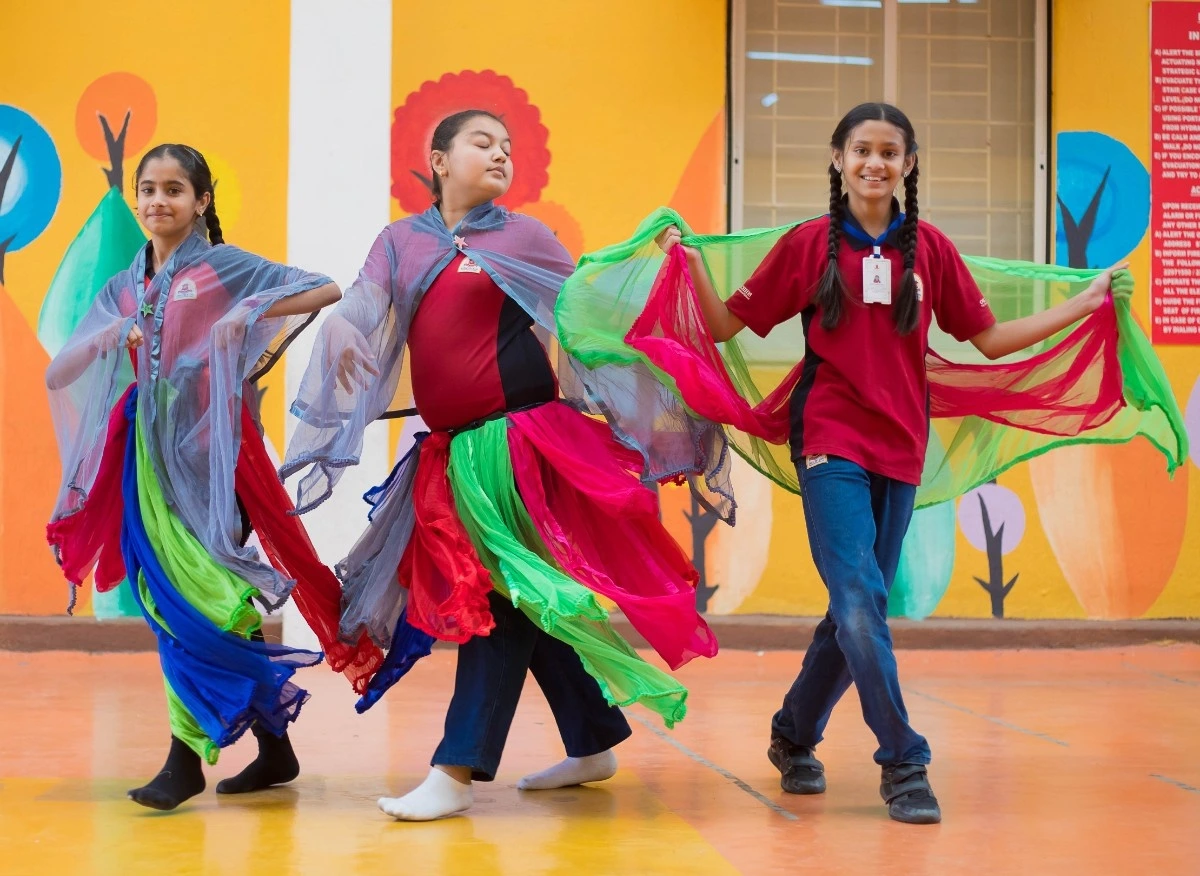
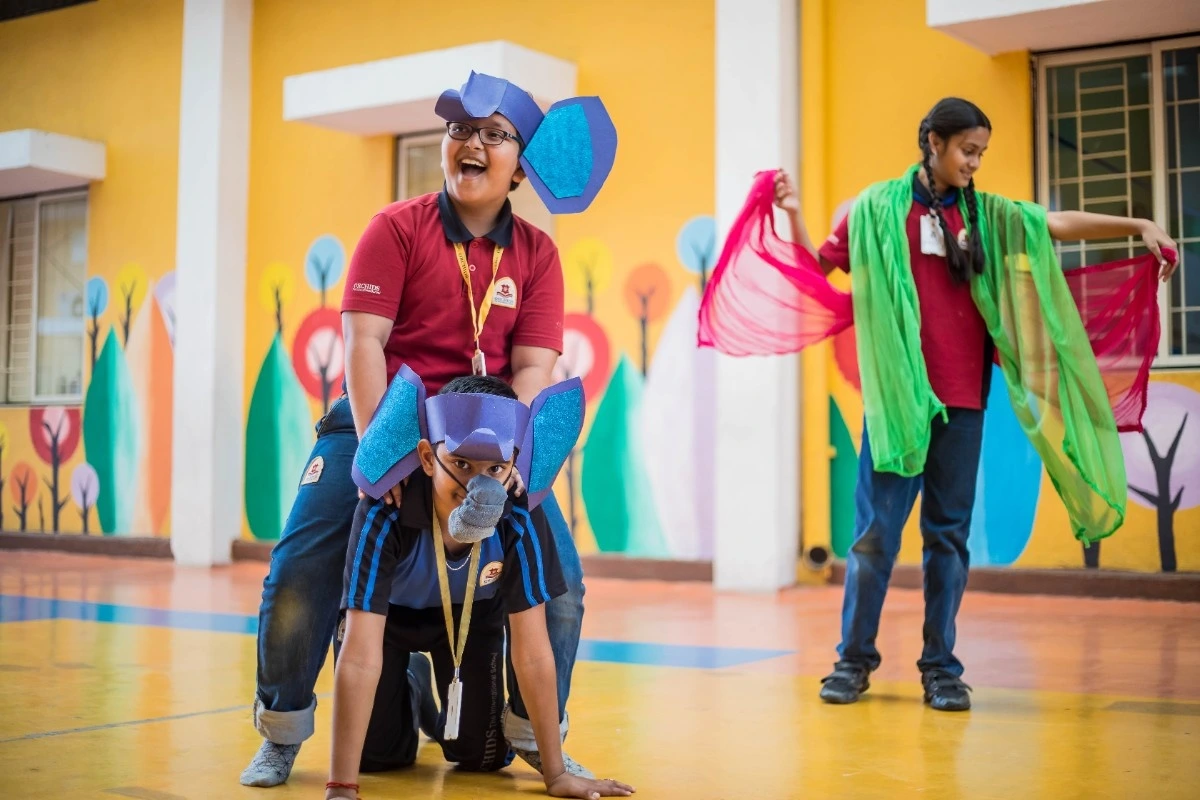
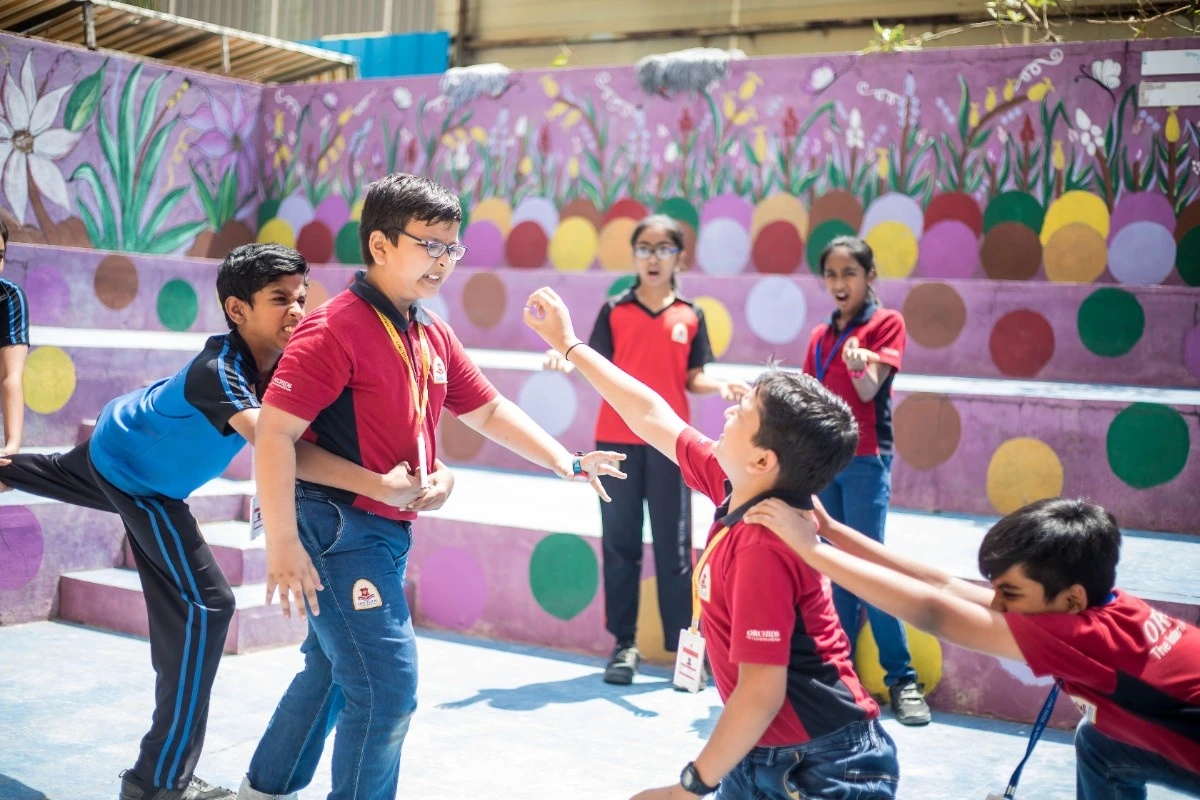
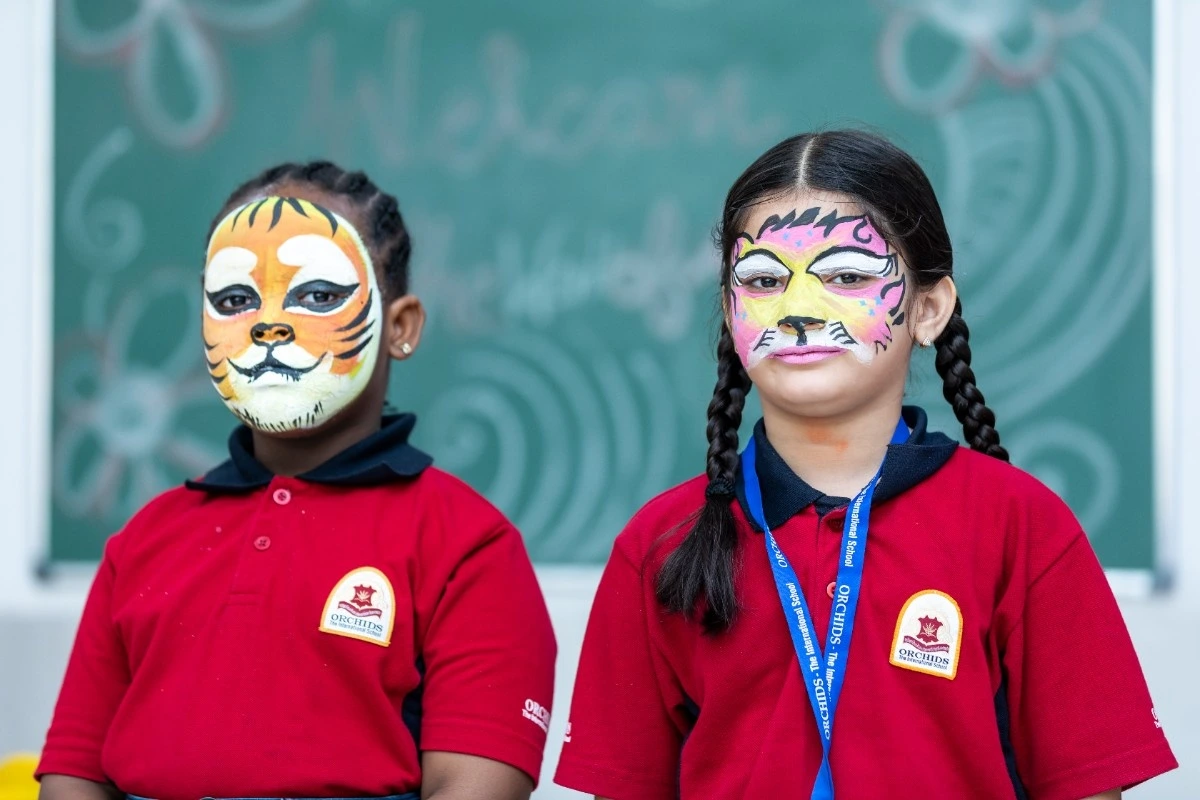
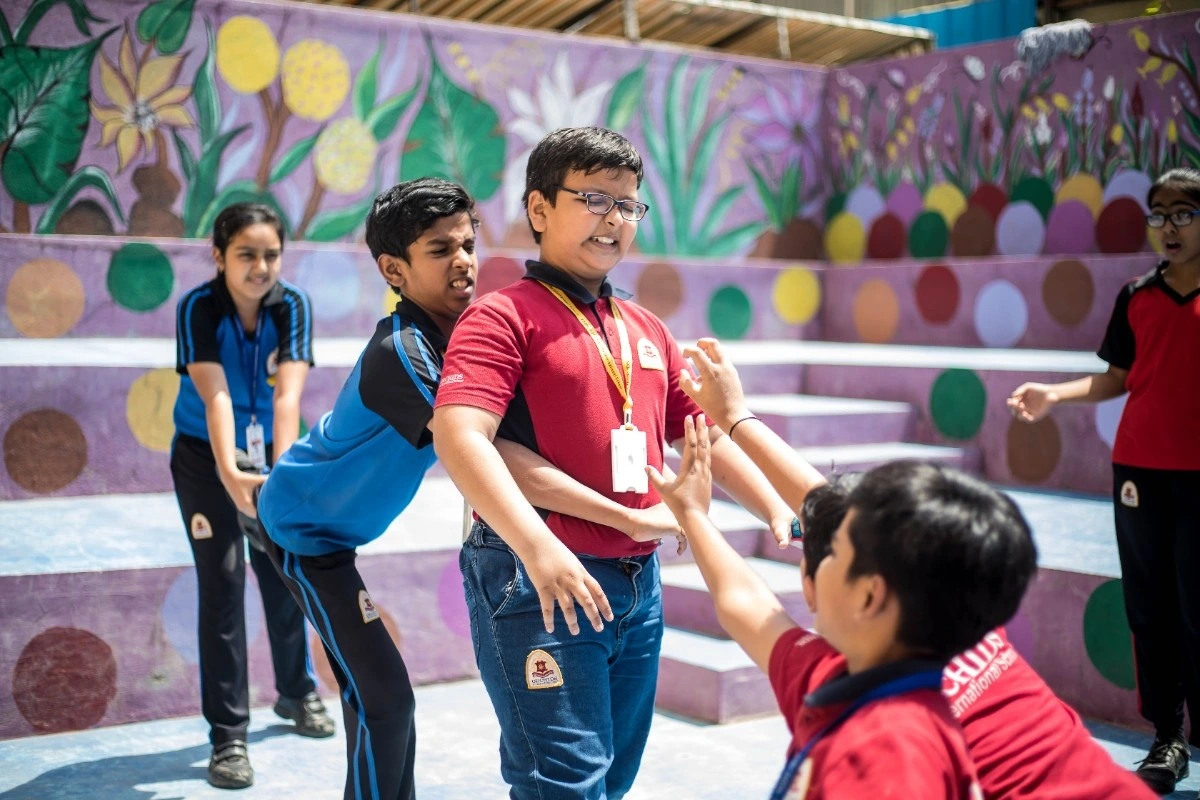
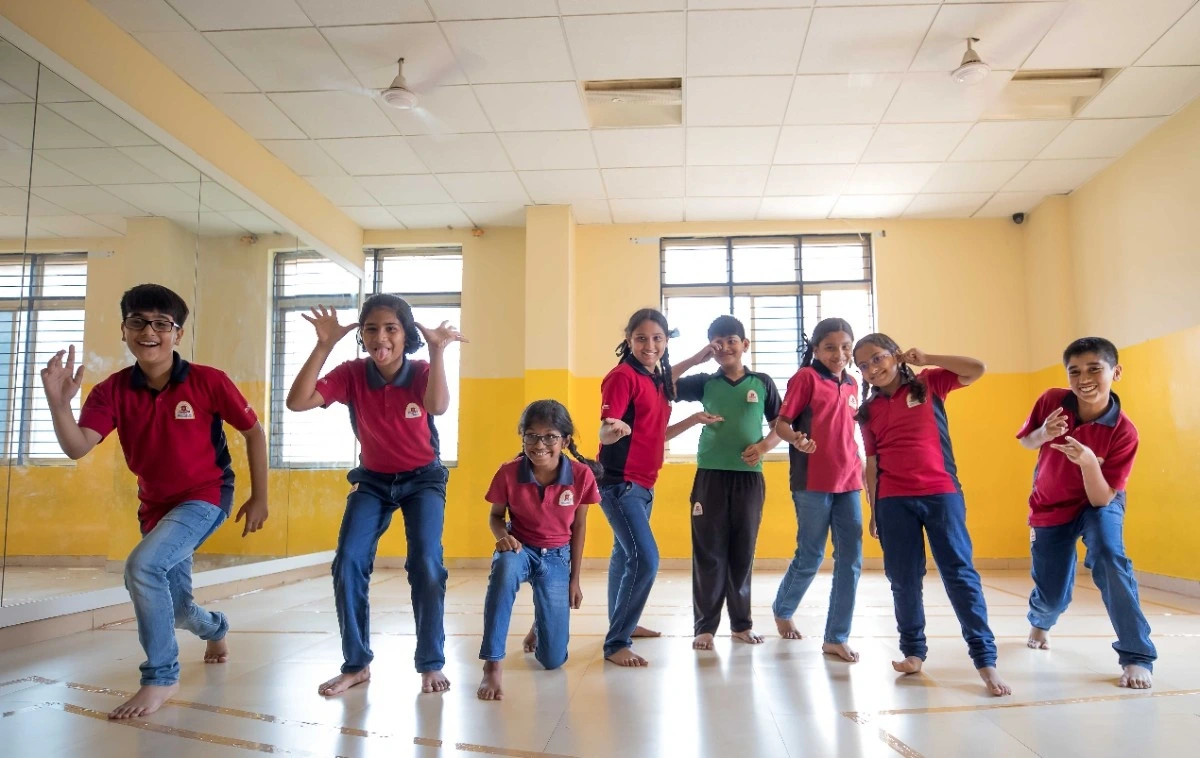
Parents Share Their Stories
Frequently Asked Questions
Orchids International School provides comprehensive facilities for students interested in an acting career. The school offers well-equipped drama and theater rooms where students can hone their acting skills. Professional trainers guide students in voice modulation, expressions, and stage presence. Regular theater workshops and drama competitions help students gain real-world experience. The school also collaborates with industry experts for guest lectures and interactive sessions. Annual stage performances and skit presentations provide a platform to showcase talent. Additionally, audiovisual aids and scriptwriting sessions enhance creative expression. Overall, Orchids nurtures young actors with a structured and supportive environmen
India has a rich and diverse theatrical tradition, broadly classified into six main types:
-
Classical Theatre – Rooted in ancient texts like Natyashastra, with forms like Sanskrit drama (e.g., Shakuntala by Kalidasa).
-
Folk Theatre – Regional performances such as Jatra (Bengal), Yakshagana (Karnataka), Tamasha (Maharashtra), blending music, dance, and storytelling.
-
Modern Theatre – Influenced by Western drama, featuring plays by Girish Karnad, Badal Sircar, and Vijay Tendulkar.
-
Street Theatre – A powerful medium for social awareness, often using satire and direct engagement with audiences.
-
Puppet Theatre – Traditional storytelling through puppets like Kathputli (Rajasthan) and Togalu Gombeyata (Karnataka).
-
Musical Theatre – Incorporates music and dance, seen in forms like Nautanki (North India).
No, participation in theatre class is not always mandatory for all students. It depends on the school’s curriculum and policies. Some schools include theatre as a required part of the arts program, while others offer it as an elective. Theatre can help students develop creativity, confidence, and communication skills, but not everyone is comfortable with performing. Schools often provide alternative options, such as visual arts or music, for students who prefer other forms of artistic expression. If a student has concerns, they can check with their school administration for possible exemptions or alternatives.
Schools with theatre programs in India are regular educational institutions (schools or colleges) that offer theatre as an extracurricular or academic subject alongside other courses. These programs focus on overall personality development, confidence building, and creative expression but may not provide in-depth professional training. On the other hand, acting schools in India are specialized institutes dedicated solely to training aspiring actors. They offer structured courses in acting techniques, voice modulation, body language, and performance skills. Acting schools often have industry connections, providing networking opportunities and practical exposure to film, television, and theatre.
CBSE Schools In Popular Cities
- CBSE Schools in Bangalore
- CBSE Schools in Mumbai
- CBSE Schools in Pune
- CBSE Schools in Hyderabad
- CBSE Schools in Chennai
- CBSE Schools in Gurgaon
- CBSE Schools in Kolkata
- CBSE Schools in Indore
- CBSE Schools in Sonipat
- CBSE Schools in Delhi
- CBSE Schools in Rohtak
- CBSE Schools in Bhopal
- CBSE Schools in Aurangabad
- CBSE Schools in Jabalpur
- CBSE Schools in Jaipur
- CBSE Schools in Jodhpur
- CBSE Schools in Nagpur
- CBSE Schools in Ahmednagar
- CBSE School In Tumkur
















